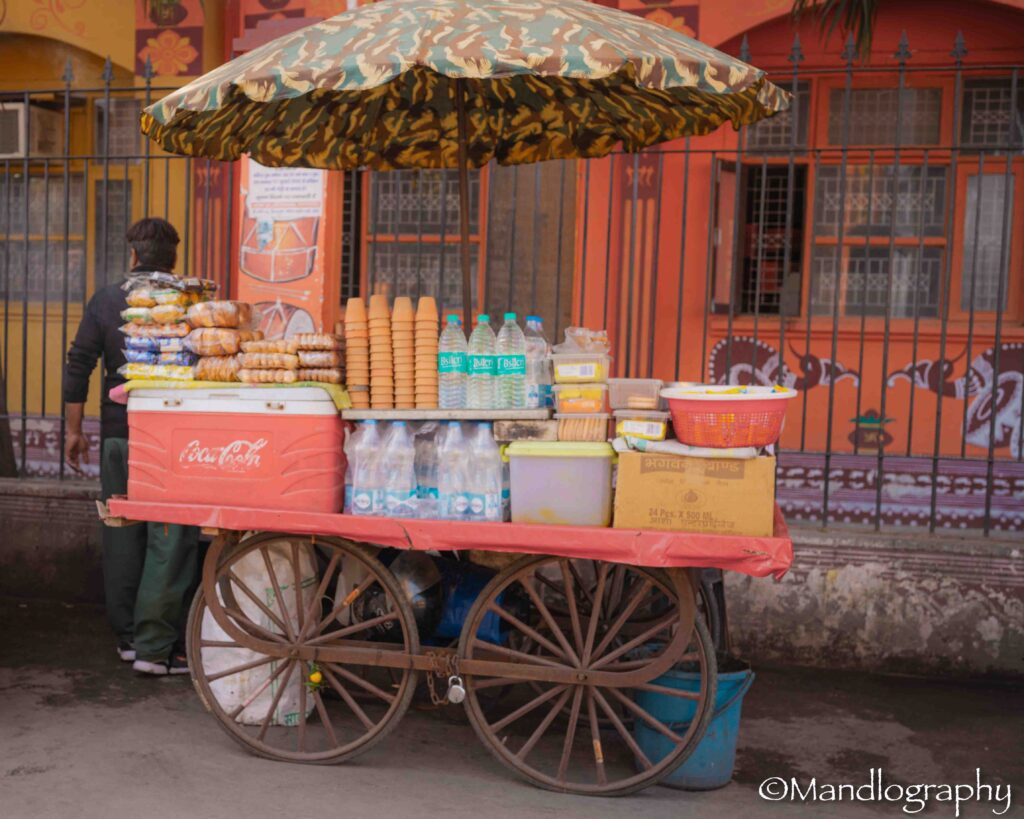Tanzania
Tanzania is an East African country known for its vast wilderness areas. This is home to Mt Kilimanjaro, the highest Mountain in Africa.
Capital City:
Dar e Salaam
Currency:
Tanzanian Shilling
Total population:
59.7 million (2020)
Languages spoken:
English, Swahili
Cultural dos:
Dress conservatively, especially on Zanzibar since the island is mostly Muslim
Cultural don’ts
Don’t take photos, especially of Masaai people without asking for permission first
Continent:
Africa
Three foods you need to try in this country:
- Chipsi mayai (chips and egg)
- Ugali (thick mealie meal porridge)
- Nyama choma (grilled meat)
Bonus
- Variety of teas
What the country is known for :
- Zanzibar beaches
- Spice farms
- The Masaai tribe
- National parks such as the Serengeti
- The largest mammal migration
More About Tanzania
I visited Tanzania in 2017, pulled by the desire to see those pristine white beaches, in the flesh, and explore the spice farms on the island of Zanzibar. Tanzania is a vibrant country filled with diverse cultures. English is not spoken widely outside of the touristy places and therefore was grateful that Swahili, the official language, almost sounds like one of the Zimbabwean languages, Shona, meaning I was able to pick up a few words here and there and use sign language for the rest. Some words even mean the same thing, for example, ‘moyo’ means heart in both languages and ‘nyama’ means meat.
Tanzania is home of the biggest mountain in Africa and has seen many adventure travellers visit with the desire to traverse its 5,896m to the peak. There are also various opportunities to see wild African animals with large game parks such as the Serengeti National Park and the Ngorongoro Crater, where the big five (lion, elephant, buffalo, leopard, rhino) can be easily spotted going about their day. Around May-July after having given birth to their offspring, there is the great migration, where wildebeest start getting ready for their 800km long trek towards the Masai Mara in Kenya, in search of greener pastures, this is literally a wildlife enthusiast’s dream.
Dar es Salaam, the capital, is an interesting and colourful city. It is home of one of the biggest ports in East Africa and therefore the markets are bustling with a combination of local and imported goods. If you don’t speak Swahili, a guide is invaluable to help with navigation, communication and helping with the negotiation dance.
A ferry ride away from Dar es Salaam is the island of Zanzibar. The ferry arrives into Stone Town, which is of great historical and artistic significance as it was the centre for the spice trade and the slave trade in the 19th century. In its architecture and artistic representation, the city has diverse influences from Swahili and a unique combination of Arab, Persian, Indian and European elements. For this reason, the town was designated as a UNESCO World Heritage site. One can get lost exploring the narrow streets of Stone Town. Due to the number of influences on the island, the food options are varied and delicious. There are inviting night markets where people sell food and some from family recipes that have been passed down for generations. The rest of the island has more natural offerings, with the beautiful beaches with fairly warm water and opportunities to see interesting water creatures such as corals, fish and turtles. Many options exist for water sport enthusiasts.
Due to its proximity to the sea, and the spice farms around Zanzibar, the seafood is absolutely delightful. On the mainland, drinks and nyamachoma, don’t forget the kachumbari (onion and tomato salad), as the sun goes down is the perfect way to get the night started. After all the talking, take yourself to a local spot and let your body follow the beat all night long as the DJ spins a combination of local and international music.
Tanzanians are known to be some of the friendliest people in Africa, and I will attest to that. In spite of my poor attempts at Swahili, I always managed to find someone to help me when I was lost or in need of help.
| English | Swahili |
| Hello | Habari |
| Goodbye | Kwaheri |
| Please | Tafadhali |
| Thank you | Asante |
| How much? | Kiasi gani? |
| Do you speak English? | Unaongea kiingereza? |
| Where is the toilet? | Choo kiko wapi? |
| May I please have some water? | Naomba maji? |
| I would like some food please | Ningependa chakula tafadhali |
| Where can I get a taxi? | Naweza kupata teksi wapi? |
Places visited
Destination Gallery
NEWS & UPDATES
Travel Blog

10 Tips to a stress free street-food culinary experience
Every trip is an opportunity to immerse oneself in the local food culture. In many parts of Asia and South America, I have found that street food is very much part of the culture. As

